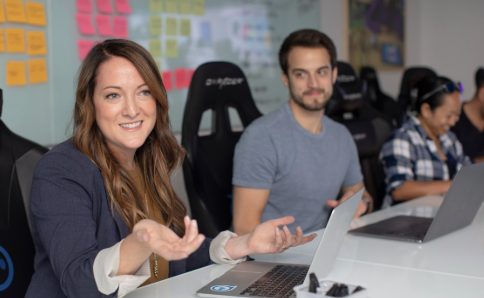Encouraging lifelong learning is one of the most valuable goals of modern education. Beyond standardized testing and curriculum benchmarks, schools have a unique opportunity to spark curiosity and build habits that empower students to learn independently throughout their lives. Lifelong learning fosters adaptability, creativity, and critical thinking—skills essential in an ever-changing world.
What Is Lifelong Learning?
Lifelong learning refers to the continuous development of knowledge and skills beyond formal education. It includes curiosity-driven exploration, problem-solving, and self-directed study. In a school setting, promoting lifelong learning means nurturing a mindset that values growth and discovery, not just academic performance.
Why Schools Should Prioritize Lifelong Learning
Schools that emphasize lifelong learning help students become active, engaged citizens who pursue knowledge beyond the classroom. This approach prepares learners to navigate diverse careers, collaborate with others, and adapt to new challenges. Moreover, it contributes to student well-being by connecting learning with personal interest and purpose.
Strategies to Inspire Lifelong Learning in Schools
- Foster a Growth Mindset
Encourage students to view learning as a journey. Emphasize effort, resilience, and improvement over perfection or grades. - Connect Learning to Real Life
Show students how classroom topics relate to everyday experiences, current events, or future goals. Relevance deepens engagement. - Offer Choice and Voice
Give students opportunities to explore topics they care about. Whether through projects, reading selections, or extracurriculars, autonomy fuels motivation. - Create a Culture of Inquiry
Promote questioning, exploration, and creativity. Celebrate curiosity and make space for independent research or hands-on learning. - Model Lifelong Learning as Educators
Teachers who share their own learning journeys inspire students. Talk about books, courses, or hobbies you pursue outside of school. - Build Library and Digital Resource Access
Ensure students have access to books, educational platforms, and tools that encourage independent discovery. - Encourage Reflective Practices
Journaling, student-led conferences, and goal-setting exercises help learners connect with their own interests and growth.
Conclusion
Lifelong learning doesn’t begin after graduation—it starts with habits and attitudes developed in school. By creating a learning environment that supports curiosity, autonomy, and relevance, educators can inspire students to become passionate learners for life. Empowering students with these tools ensures they remain curious, informed, and prepared for whatever their futures may hold.


